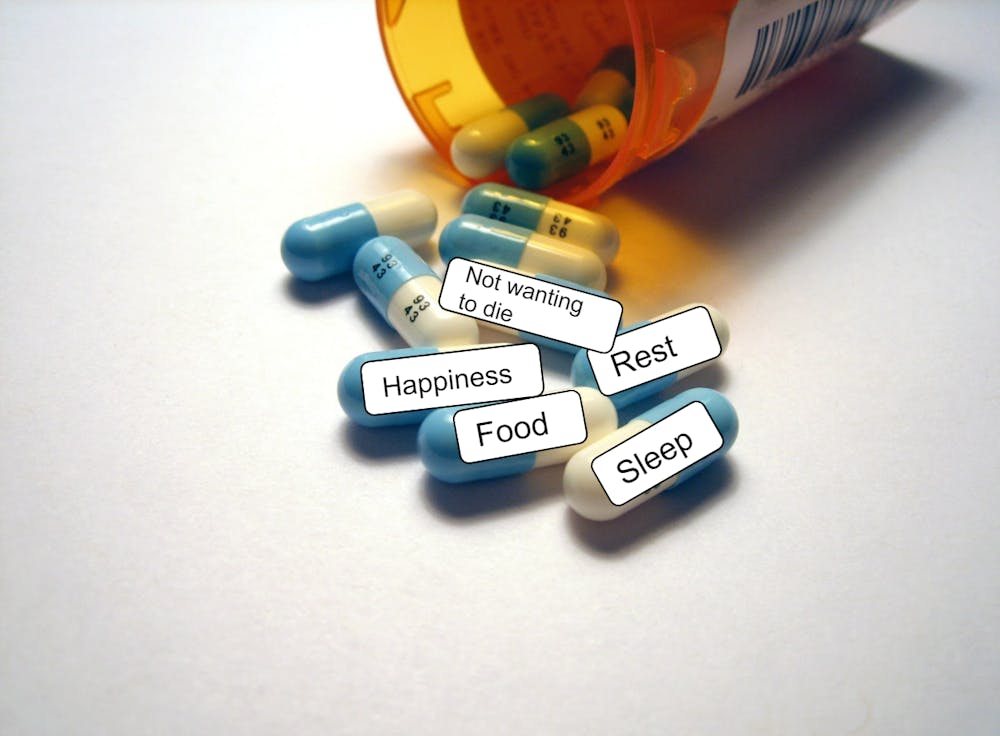Penn Endorses Microdosing of Spring Break


After new studies showed that microdosing is a healthy and effective way to feel the effect of drugs without feeling whole-body effects, Penn has decided to enforce students to microdose their spring break.
“By splitting up spring break into smaller, more manageable pieces, we ensure that students can have a day off without overdosing on spring break,” said Penn administrator Jun Khead. “Instead of having a week-long, continuous, possibly excessive overdose of rest and sleep, we decided that it was in the student’s best interest to chop their relaxation time into random days off throughout the semester.”
The plan has received a warm response from Penn students.
“I think this microdosing idea is really good,” said Engineering junior Ower Worked. “It’s like how, instead of getting nine hours of continuous sleep each night, I take 540 one-minute naps throughout the day.”
Khead also suggested that the microdosing of spring break might be extended to other Penn activities.
“Of course, this plan is experimental,” said Khead. “If this microdosing technique works, we might even apply it to sleep time during school days. We could start hosting 3 a.m. classes, which would discourage students from going to parties.”
When asked how he came up with the idea of microdosing spring break, Khead cited personal experience.
“I used to have a really bad crack problem, so much so that it influenced my decisions,” said Khead, as he scratched his face and nose. “Then I started microdosing, and everything is better now. If it works with crack, it has to work with spring break, right?”